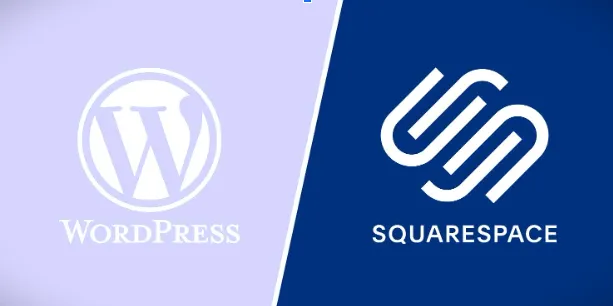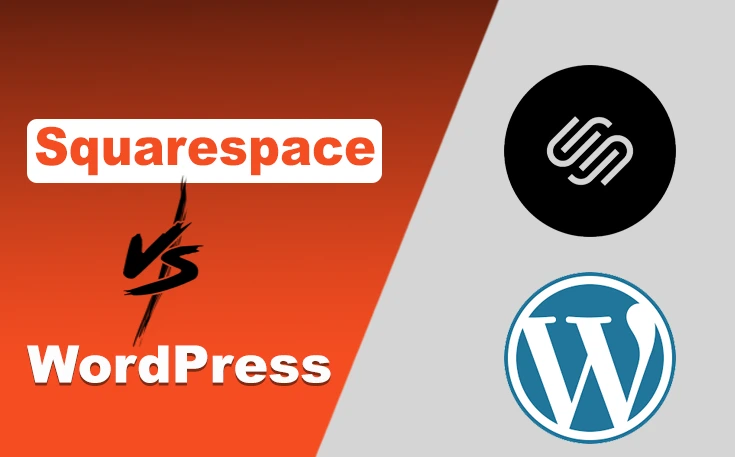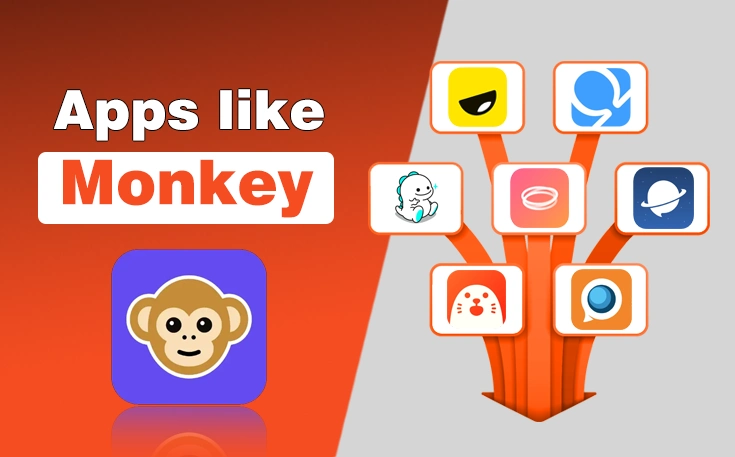Want to start a blog, but confused about choosing the right platform between Squarespace vs WordPress?
You have landed in the right place. This is a detailed comparison post to help beginners choose the right platform for blogging. Squarespace and WordPress are the most popular website builders, and each has its unique benefits and weaknesses.
Let’s start with a brief introduction of each!
Squarespace
It offers a variety of customizable templates, drag-and-drop tools, and integrated features like e-commerce, blogging, and analytics. Squarespace has 4.91 million unique subscriptions.
Squarespace is best for creatives and small businesses that want a modern website design, as it is a stylish and user-friendly platform. It has a vast range of templates and a drag-and-drop interface that focuses more on design and ease of use.
For those looking to showcase multiple images seamlessly, a Squarespace image carousel can be a great addition to their website, allowing for smooth and engaging visual presentations.

WordPress
WordPress is the most powerful open-source content management system, perfect for bloggers, entrepreneurs, and businesses needing first-class customization and control. According to WPZoom, Around 488.6 million websites are built on WordPress. It provides a large library of templates, plugins, third-party integrations, and exceptional flexibility and scalability which make it one of the best blogging platforms.
There are a lot of discussions over the internet about Squarespace vs WordPress, as these fulfill various needs and preferences of the users.

Squarespace vs WordPress: Key Differences
Both platforms differ, as individuals who want robust customization features prefer WordPress, while those who want the best web design and don’t need customizations prefer Squarespace. Here are the key differences between Squarespace vs WordPress to help you decide which platform suits you best for blogging:
Read Also: AI Website Builder – How to Use & Top Builders

1. Design and Customization
- Squarespace
The interface and customization options of Squarespace are designed for those users, who want ease and simplicity. It is a template-based platform that provides a wide range of stylish and modern designs, which are suitable for small businesses, and for those who prefer better designs.
Users can only customize specific elements like fonts and layouts, but the overall functionality and structure of the template remain fixed. It is not suitable for those users who want powerful customization options. However, it is best for those who prefer easy-to-use and smooth design processes.
- WordPress
On the other hand, WordPress provides exceptional designs and customization features to its users, as there are thousands of themes and plugins available for them. Everyone can create a website using WordPress according to his requirements. It is an open source platform that enables developers to create custom themes and plugins, by having unlimited options for customization.
Users can easily change every section of their website from layout, designs, functionalities, and features. It needs high-level expertise for users to customize their website, but you can also seek guidance from its vast community and resources available to users of all skill levels.
2. Content Management System (CMS)
- Squarespace
Its content management system provides an exceptional and user-friendly experience to users. It is designed by focusing on the simplicity and ease of navigation. Its CMS enables users to create and manage content like blog posts, web pages, and galleries from its cooperative interface.
Its CMS also comes with limitations, as users can only use those tools provided by Squarespace, as these do not fulfill custom content management needs. Moreover, its CMS is not open-source, and users need to rely on its development team for further updates and additional features.
- WordPress
WordPress provides an open-source CMS to its users that is extremely customizable. Its CMS allows developers to create personalized content management solutions. Users can improve the functionality of their CMS with a wide variety of themes and plugins available on this platform that can easily fulfill their needs. It provides its users with full control over their content and data.
Moreover, its vast community of developers and users ensures the CMS continuously improves with modern technologies and features. That is why WordPress is the ideal choice for every user, who needs robust customization and control for content management.
3. Ease of Use
- Squarespace
Squarespace is particularly designed by considering the ease of use, which makes it an excellent choice for those, who desire to create a website without any technical difficulties. With its robust interface and drag-and-drop page builder, users can create and design websites with extremely low effort.
Its smooth dashboard and easy-to-use menu options are highly useful for beginners, as they do not need to learn about how to use it. When evaluating Squarespace vs WordPress, you need to consider its ease of use, as it is one of the major factors you need to consider when choosing the best platform between them. Squarespace users can easily focus on content creation instead of facing technical complexities.
Read Also: How to Build a Website with Wix in 2024? Step-by-Step Guide
- WordPress
WordPress requires a sharp learning curve for its users, as it offers a lot of features and customization options. You need to have a specific level of expertise to obtain the full advantage of this platform. It is slightly difficult to use due to its vast range of themes, plugins, and settings. That is why novices struggled with this platform in the beginning.
Users can utilize their full potential and create highly customized and professional websites by just practicing. WordPress also provides its users with a vast community and resources, that help users to overcome any challenge they face.
Squarespace vs WordPress – Which Is Best for Blogging?
When it comes to deciding from a blogging perspective, Squarespace vs WordPress is the most common debate over the internet, as some users prefer WordPress while others are taking the side of Squarespace. It suits best for bloggers who require a simple, and user-friendly interface. It provides drag-and-drop page layouts and a vast range of templates with a smooth dashboard for its users, which are easily managed.
However, Squarespace has some limitations, as it lacks customization options and plugins. It is still a good choice for those bloggers who require a trouble-free blogging experience. You can focus more on content creation by using Squarespace, as it eliminates the technical complexities of managing your blog.
WordPress is the ideal choice for bloggers, as it provides exceptional flexibility and customization options. It provides thousands of free and paid themes and plugins, which are extremely helpful for bloggers, whether in managing their content or making it search engine optimized. It is a fully open-source platform, which enables its community developers to provide modern plugins and themes to the users.
Its effective CMS enables users to easily create, edit, and manage blog posts, web pages, and other relevant content. Its robust plugins enable bloggers to refine their blog’s functionality, from social media sharing to email marketing and e-commerce management. Moreover, WordPress provides bloggers with all the tools that they need to create a professional and customizable blog.
Final Words
Squarespace is more user-friendly and an excellent choice for those who want simplicity and ease of use. On the other hand, WordPress gives amazing customization options, which makes it perfect for bloggers who want complete control over their website designs and functionality. New bloggers use Squarespace, while professional bloggers who want to build an effective online presence prefer WordPress.





